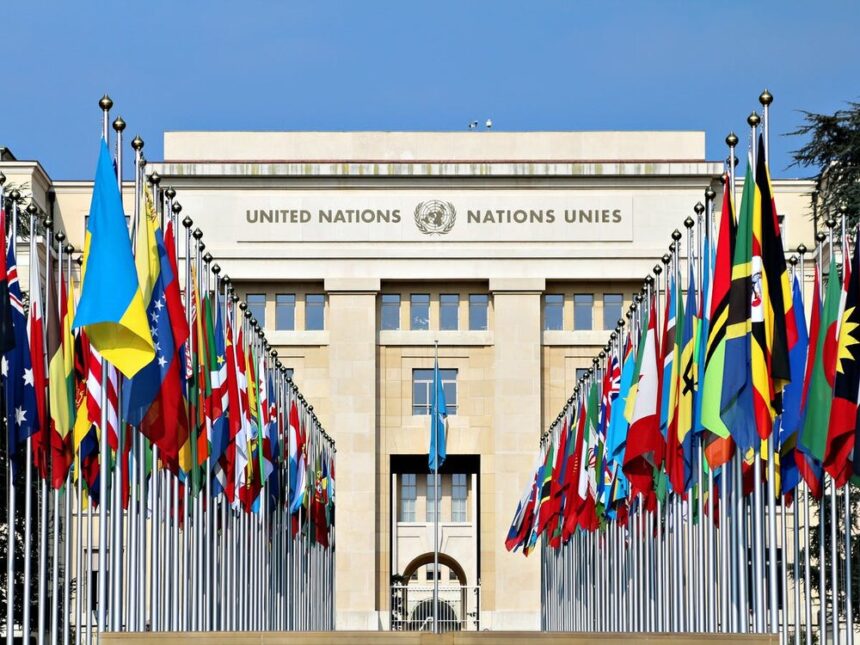RASC News Agency: Stephane Dujarric, Spokesperson for the United Nations Secretary-General, emphasized the indispensable role of Special Rapporteurs within the human rights architecture during a press briefing regarding the travel ban imposed on Richard Bennett, the UN Special Rapporteur on Human Rights in Afghanistan. On Thursday August 22, Dujarric stressed that Special Rapporteurs operate with complete independence from the Secretary-General, asserting, “It is critical that Special Rapporteurs maintain full autonomy from the Secretary-General.”
Dujarric further clarified that although there are instances where Special Rapporteurs may be unable to physically access the regions they are assigned to monitor, this does not inhibit their ability to carry out their reporting responsibilities. He assured that these experts possess the expertise to employ alternative methods to compile accurate and comprehensive reports. Previously, Richard Bennett, the UN Special Rapporteur on Human Rights in Afghanistan, responded to the Taliban’s travel ban by reaffirming his dedication to continue documenting human rights violations in the country.
Recently, Zabihullah Mujahid, the Taliban’s spokesperson, accused Bennett of engaging in “propaganda” against the Taliban administration during an interview with Deutsche Welle, announcing that Bennett is now prohibited from entering Afghanistan. Since the commencement of his mandate in April 2022, Bennett has presented three reports to the UN Human Rights Council, detailing extensive human rights violations perpetrated by the Taliban, with a particular focus on the abuses against women and ethnic and religious minorities.
In his most recent report, Bennett characterized the Taliban’s treatment of women as a crime against humanity, suggesting that it could be examined under the framework of “gender apartheid.”






